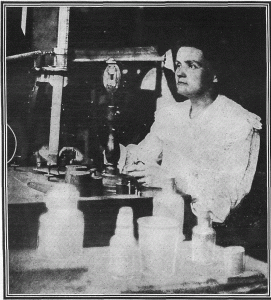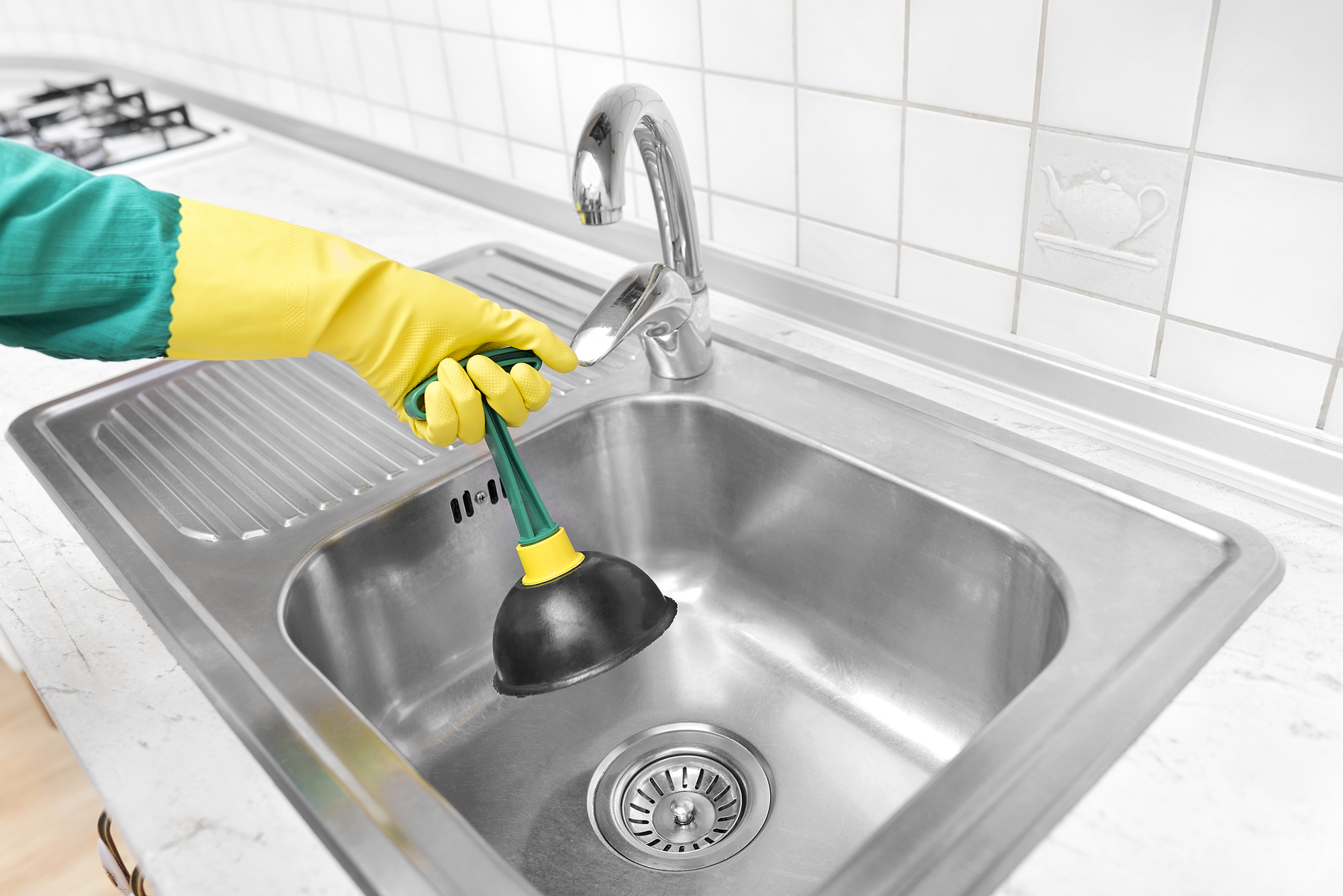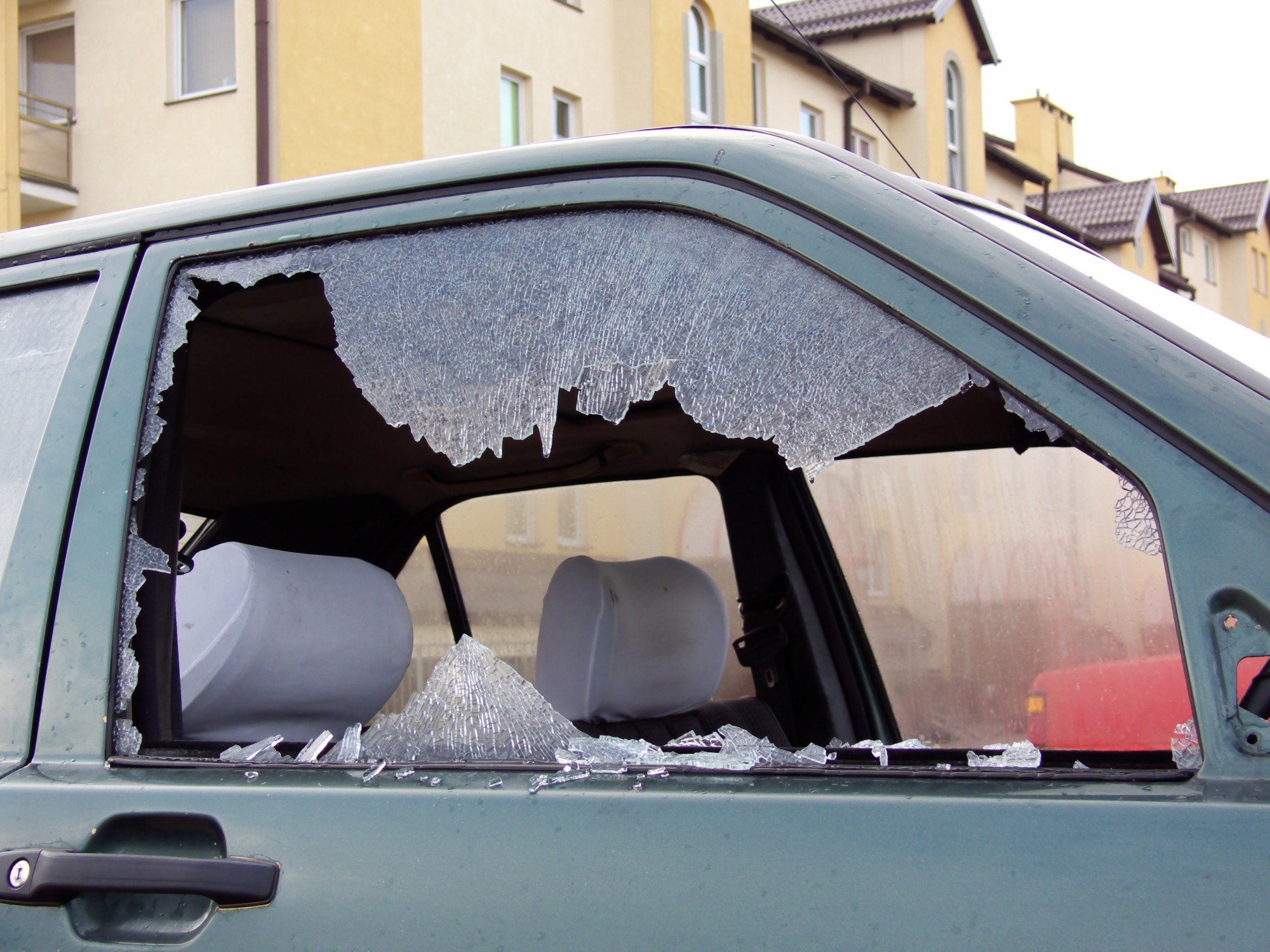The fame acquired some years ago by Mme. Marie Sklodowska Curie by her discovery’ of radium promises to be equaled, if not surpassed, by the honors which have come to her as the discoverer some months ago of the new, even more wonderful, element polonium. It was as a co-worker with her husband, the late Professor Curie, that this brilliant woman succeeded in isolating radium, and it is now with the assistance of M. dc Bierne that she has succeeded in isolating the tenth part of a milligram of polonium. This substance, 5000 times rarer than radium and taking its name from her native Poland, was the product of the chemical treatment of more than 5 tons of pitchblende with hydrochloric acid. Polonium ” wastes away ” with great rapidity a thousand times quicker than radium. Of course, the value of this discovery is as yet purely scientific in a theoretical sense. In an article in a recent number of the Retne Scientifique (Paris), Professor Lippmann, the French scientist, remarks apropos of Mme. Curie’s two discoveries:

Radio-activity, it must be remembered, is a general property of matter. If the theory of radio-active transformations continues to inspire a growing degree of confidence it will result in an important consequence for geology. It will lead to a careful study of the proportions of the elements occurring in rocks with a view to the determination of their relative antiquity. It is manifest that the hypothesis of radio-active transformation is well adapted to the present state of the science of radio-activity. It was among those proposed by the late Pierre Curie and myself at the beginning of our researches into radio-activity, but it lias received its perfect development at the hands of Professors Rutherford and Soddy, to whom it is for this reason generally attributed. It seems to me, however, better not to leave the domain of demonstrated fact, not to lose sight of other explanations of radio-activity which have been proposed. The actual state of the science does not seem to me far enough advanced to warrant a positive conclusion. Personally Mme. Curie is a very modest and undemonstrative woman. She has been for years one of the most efficient original workers in the laboratory of the Sorbonne. According to a writer in London Truth she takes all the honors heaped upon her with great modesty and is ” the most unobtrusive, reserved person possible.” The English writer says: She is a little better dressed now than formerly, but with extreme plainness.
The complexion is still that of one brought up in stove heated rooms, ashen, and the lusterless hair unchanged in all but a few silver threads. She remains hard to read, a consequence of being brought up at Warsaw under the heel of _ the Russian boot and the eyes of an officialdom jealous of all scientific investigation. Mme. Curie spoke of the university in which her father filled the chair of chemistry as having in all its corridors finger posts pointing to Siberia. As a lecturer she closely confines herself to statement and demonstration, risking nothing that is unproved, however strong cause she may have for divining inference. She is completely innocent under all circumstances of any wish to dazzle or show off. Her laboratory is kept with apple pie order, and her note books show the plain, straightforward and scrupulously exact observation of a good seaman’s log. They bristle with notes of interrogation. . . . Mme. Curie is essentially womanly. But she lost her mother early and was brought up at her father’s side, in his laboratory, and not warped from her true nature according to any conventional standard of femininity. She evolved from within according to her opportunities and the tender paternal guidance, and became on chemistry an authority in the minds of the university students who came to the laboratory. The suspicious prying of the police taught her how necessary it was to hold her tongue. Reticence in speech became her second nature. Mme. Curie is greatly hindered in her researches by the rapid rise in the price of radium. It is to be hoped the French Government will be able to borrow some grains of the Austrian on the basis of an insurance bond given to the lender. Mme. Curie lectures regularly before the Sorbonne explaining the progress of her work and setting forth what she expects to prove by her experiments.









